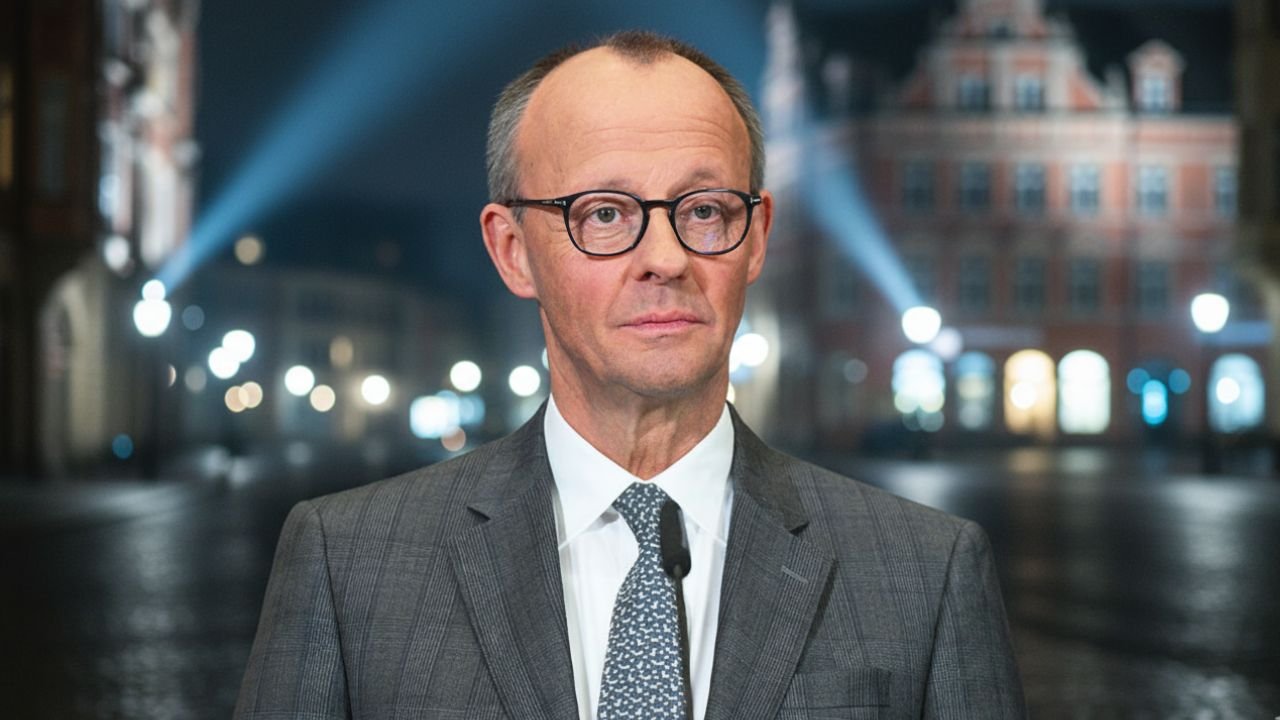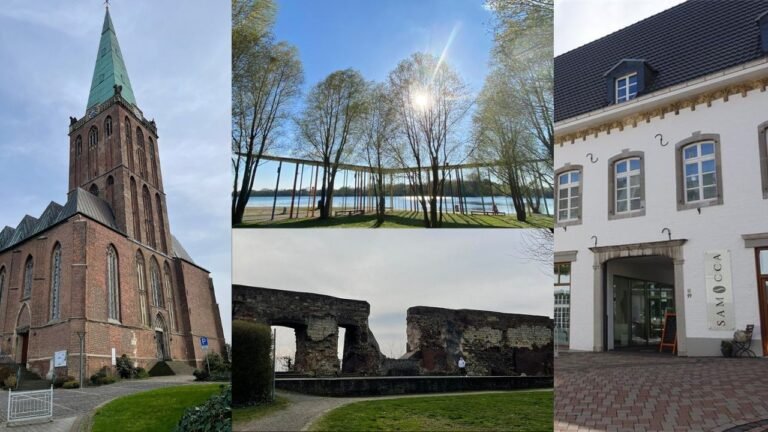How Friedrich Merz Could Change Germany’s Cities

German Chancellor Friedrich Merz, who took office on May 6, 2025, has initiated a series of policies that could significantly reshape Germany’s urban landscapes. From revitalizing city centers to addressing housing shortages and implementing stricter immigration policies, his administration’s agenda promises substantial changes for residents and businesses in cities across the country.
Urban Development and Housing: The “Stadtbild Merz”
A cornerstone of the new government’s urban strategy is the “Stadtbild Merz” policy, an initiative aimed at breathing new life into city centers. This plan focuses on modernizing infrastructure, improving public transit, and enhancing public spaces to attract new businesses and investment while preserving cultural heritage.
To combat the nationwide housing shortage, the administration has proposed a “turbo construction programme” centered on building modular “tiny houses”. This is coupled with incentives for developers to create affordable housing and increased funding for social housing, especially for students and low-income families. The government has also signaled a willingness to push past local opposition to new construction, with Merz suggesting building on Berlin’s historically protected Tempelhof airfield.
The new policies also favor mixed-use, socially diverse, and ecologically responsible building models, a departure from traditional single-function zoning. This approach encourages the use of local, sustainable building materials with the ambitious goal of cutting energy consumption in buildings by half by 2050. Smaller cities with populations under 100,000 are also set to receive greater autonomy in their development strategies to help them utilize vacant land.
Infrastructure and Economic Investment
The German parliament, the Bundestag, approved a massive $560 billion special investment fund in March 2025 to overhaul the nation’s aging infrastructure. This is expected to trigger a wave of construction and upgrade projects in urban areas, providing a significant economic boost.
Furthermore, Chancellor Merz is keen on positioning Germany as a leader in artificial intelligence, hoping to host one of the EU’s planned “AI gigafactories”. The city chosen for this project would see a major economic and developmental impact. The government is also focused on improving the business climate by cutting bureaucracy and reducing high labor costs.
Immigration and Social Cohesion
One of the most controversial aspects of Merz’s agenda is his hardline stance on migration. He has directly linked immigration to problems in the “cityscape” and has called for “very large scale” deportations. In line with this rhetoric, his government has already moved to tighten asylum rules, implement border checks, and suspend family reunification for certain groups.
These policies and remarks have drawn sharp criticism from political opponents and human rights organizations, leading to public protests in major cities. Critics argue that this approach could stoke social tensions and alter the demographic fabric of urban areas with large migrant populations. In response to the backlash, the government has also strengthened federal support for social cohesion programs, investing in neighborhood centers and multi-generational housing in disadvantaged areas.
A New Vision for Urban Life
The Merz administration’s policies point towards a future of more vibrant and walkable “15-minute cities,” where residents can access most of their daily needs within a short distance. Plans to enhance public spaces, support mixed-use mobility hubs, and upgrade pedestrian and cycling infrastructure are all geared towards this vision.
However, the government’s agenda is not without its challenges. It faces a significant budget shortfall and must balance stimulating growth with fiscal responsibility. The reversal of previous green policies, such as the law promoting low-emission heating systems, has also sparked debate. Ultimately, the decisions made on spending, investment, and social policy will shape the development of Germany’s cities for years to come.






